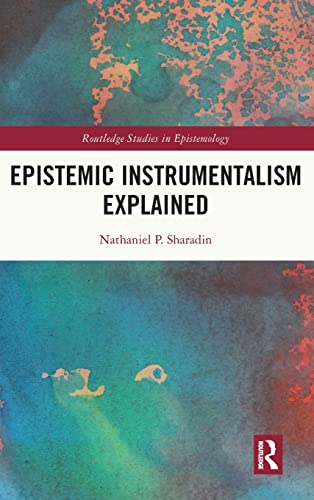

Most ebook files are in PDF format, so you can easily read them using various software such as Foxit Reader or directly on the Google Chrome browser.
Some ebook files are released by publishers in other formats such as .awz, .mobi, .epub, .fb2, etc. You may need to install specific software to read these formats on mobile/PC, such as Calibre.
Please read the tutorial at this link: https://ebookbell.com/faq
We offer FREE conversion to the popular formats you request; however, this may take some time. Therefore, right after payment, please email us, and we will try to provide the service as quickly as possible.
For some exceptional file formats or broken links (if any), please refrain from opening any disputes. Instead, email us first, and we will try to assist within a maximum of 6 hours.
EbookBell Team

4.8
64 reviewsDo epistemic requirements vary along with facts about what promotes agents' well-being? Epistemic instrumentalists say 'yes', and thereby earn a lot of contempt. This contempt is a mistake on two counts. First, it is incorrectly based: the reasons typically given for it are misguided. Second, it fails to distinguish betweenfirst-andsecond-order epistemic instrumentalism; and, it happens, only the former is contemptible. In this book, Nathaniel P. Sharadin argues for rejecting epistemic instrumentalism as a first-order view not because it suffers extensional failures, but because it suffers explanatory ones. By contrast, he argues that epistemic instrumentalism offers a natural, straightforward explanation of why being epistemically correct matters. What emerges is a second-order instrumentalist explanation for epistemic authority that is neutral between competing first-order epistemic theories. This neutrality is an advantage. But, drawing on work from cognitive science and psychology, Sharadin argues that instrumentalists can abandon that neutrality in order to adopt a view he calls epistemic ecologism. Epistemic Instrumentalism Explainedwill be of interest to researchers and advanced students working in epistemology, ethics, and philosophy of mind.